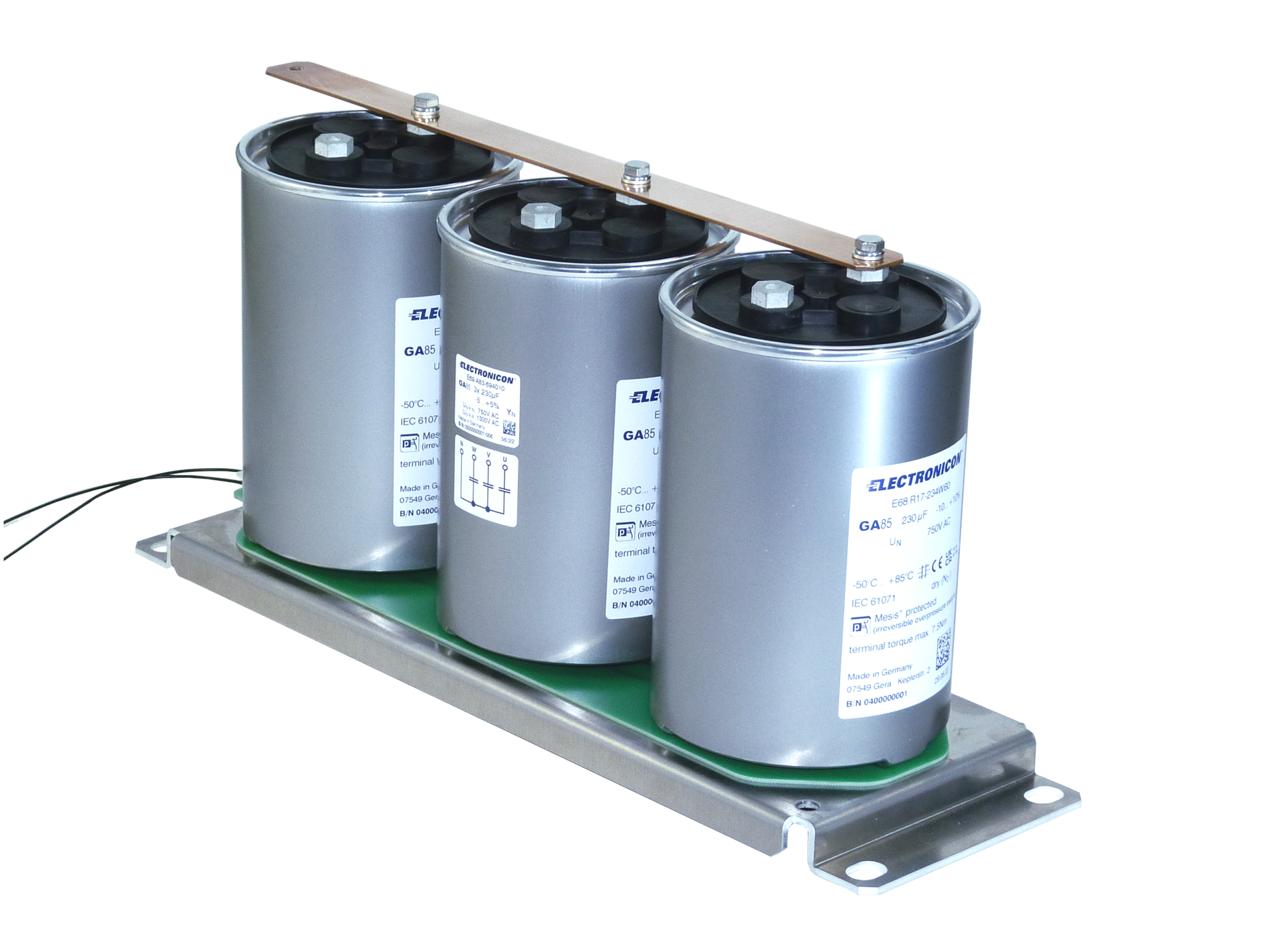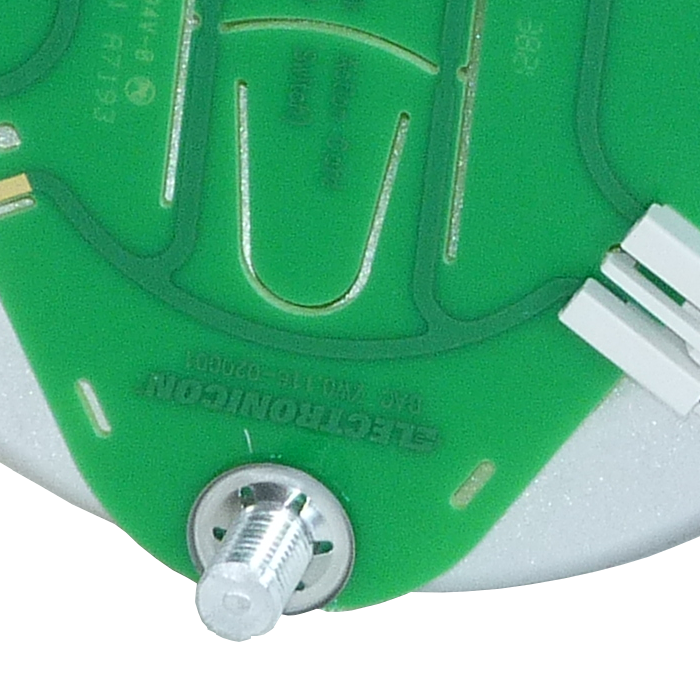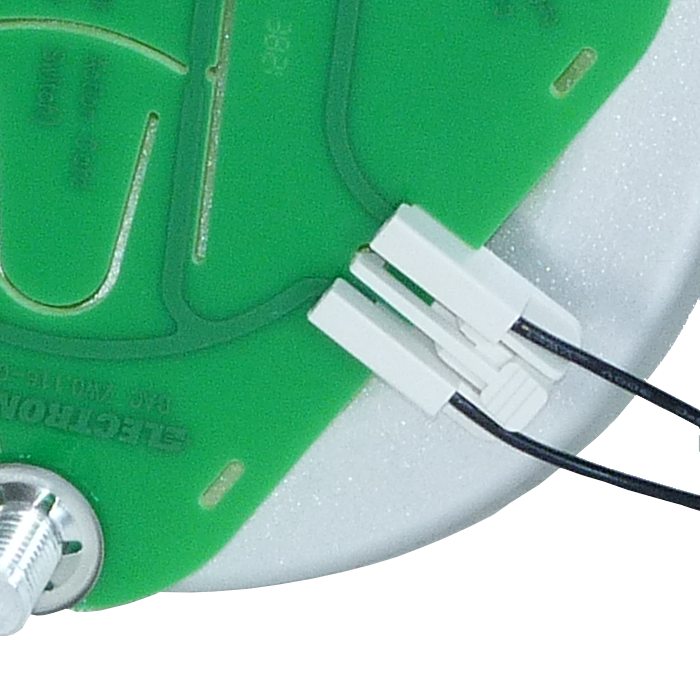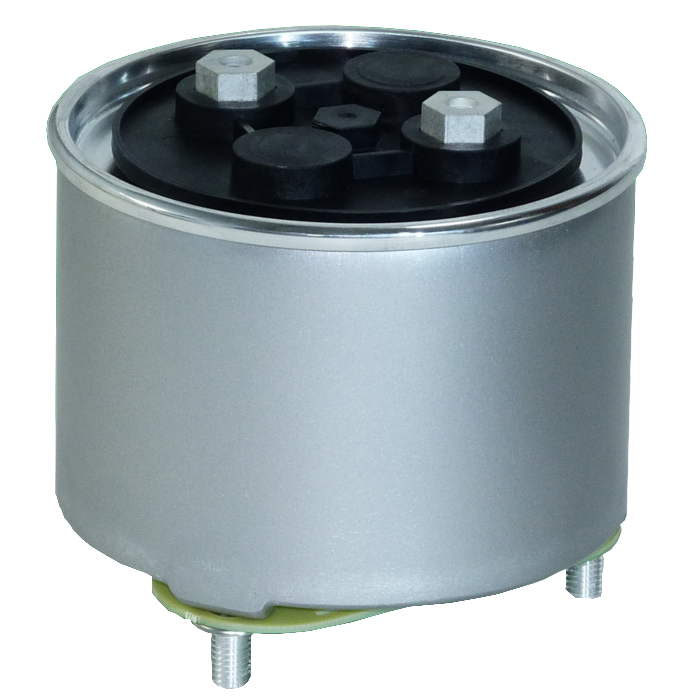E68 Mesis®
Proven principle. Re-thought.
Cool: Our new filter capacitor is reliably secured even with rigid connections. Overpressure protection, but different this time.
When there is no room for BAM: Mesis®
The Mesis® fuse concept was developed initially for low-inductance DC capacitors. E68 Mesis® makes it available for AC filter capacitors. The special low-loss and low-inductance design makes these capacitors particularly insensitive to high frequency harmonics and allows them to remain "cool" even with high operating currents.
Just like our BAM fuses, which have been tried and tested over many years, the innovative Mesis® overpressure protection reacts mechanically to the internal rise of pressure usually associated with the failure of film capacitors. Since Mesis® - unlike the BAM fuse - manages without an external extension of the housing, the capacitor can be connected to rigid bus bars without impairing the function of the fuse.
Other than capacitors with BAM fuse, Mesis® capacitors do not disconnect themselves from the mains. The signal from the Break Action Card is to be used on site or at a central detection point to immediately switch off one or more capacitors concerned. Especially in filters, where a change in capacitance immediately affects the resonant circuit and its filter frequency, the autonomous (often initially unnoticed) shutdown of conventional BAM capacitors can sometimes lead to subsequent reactions due to changed behaviour of the filter or asymmetries. In contrast, the transmission of an explicit signal by Mesis® enables the initiation of immediate corrective measures, e.g. shutdown and maintenance.
Like our filter capacitors of the E62 family, E68 Mesis® with their metal cans and covers are also tightly sealed and therefore excellently shielded against environmental influences such as humidity or contamination by pollutants. Temporary condensation on these capacitors is permissible, and these capacitors pass climate tests under extreme conditions with 85%RH at 85°C. The sealed housing also meets the requirements of hazard level HL3 according to railway standard EN 45545 (fire behaviour of materials and components).



